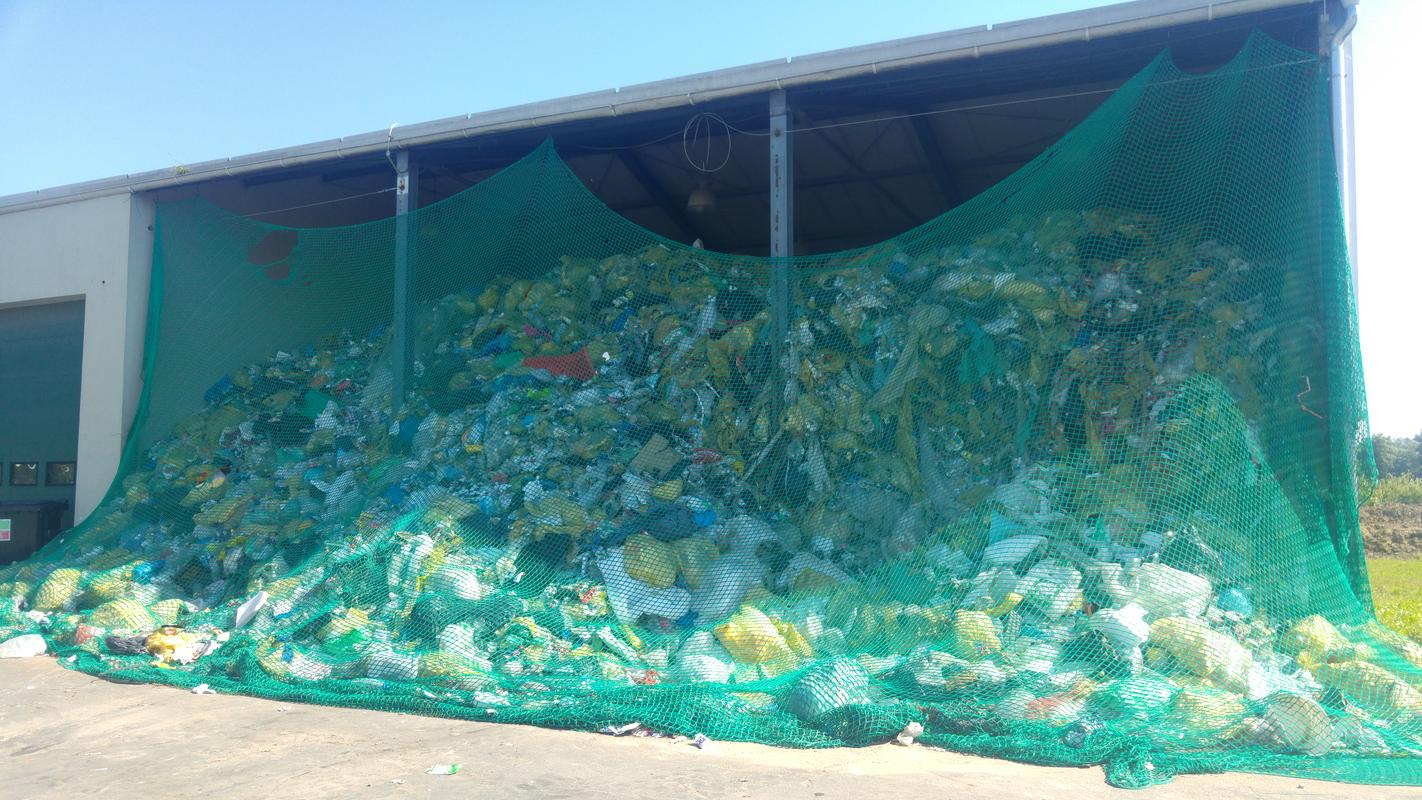
In Maribor, the Snaga utility company has about 270 tonnes of waste packaging, which is less than a week ago, but still much more than the usual quantity, explains Peter Hercog, who expects the situation to normalize within a few months, provided that all waste management companies actually fulfil the quotas currently prescribed by the state and that the pick-up will take place smoothly.
Nearly two months of packaging not being picked up by waste management companies has accumulated 280 tons of packaging, almost three times more than usual.
The waste management companies stopped the removal after the verdict of the administrative court, which they all interpreted as meaning they are obliged to take care only of as much packaging waste as they have received payment from packaging-producing companies. They resumed their activities when they received new environmental permits at the beginning of June, which require them to take over all the packaging.
Ajda Pleterski of the Gorenje Surovina company, which takes packaging waste from utility companies, announces that they will complain about the change of the permit, as they are convinced that they are not required to take care of all the remaining waste packaging that remains on the market and for which the packaging fee was not paid.
The key to solving the problem is the reduction of the limit for the payment of packaging, which is currently being paid only by companies that place more than 15 tonnes of packaging per year on the market, argues Natalija Pečovnik from the Slovenska Bistrica utility company: "For each kilogram of the packaging delivered to the market, a packaging feed should be paid."
The Slovenian Ministry of the Environment and Spatial Planning explains that a proposal for a new Environmental Protection Act is under preparation. It is expected to be presented at the end of this year at a new public hearing.

































































